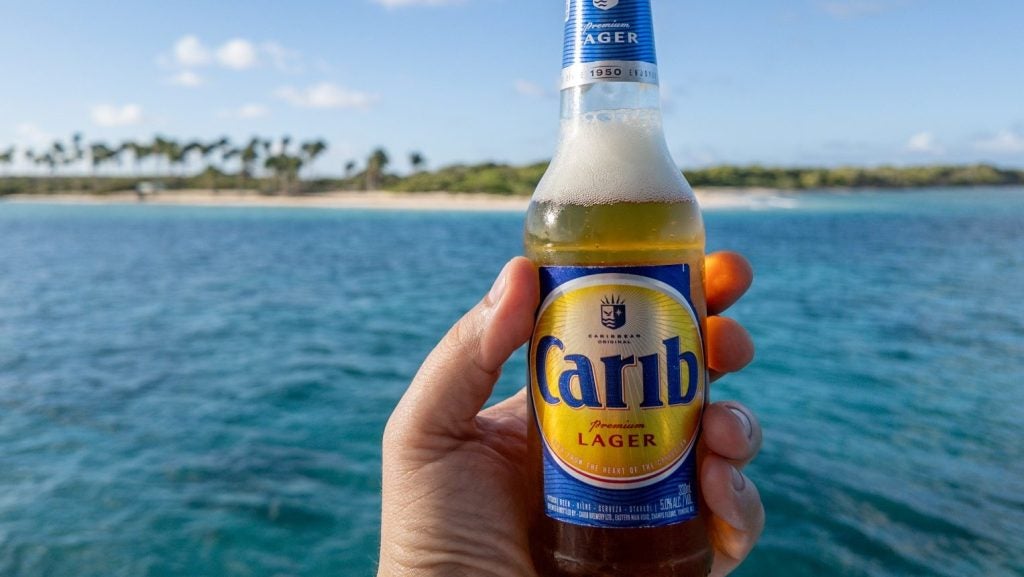Following SABMiller’s decision to produce a beer using cassava in Mozambique, just-drinks brings you the basics on what cassava is.
- Cassava is a shrub-like plant believed to have been introduced into Africa by Portuguese traders from Brazil in the 16th Century. It is grown across the developing world, from Thailand to African countries to Latin America. In 2009, cassava was an essential part of the diet of 500m people, according to the US Department of Agriculture.
- In 2000, the United Nations Food & Agriculture Organisation launched the Global Cassava Development Strategy. The policy is driven by the idea that “cassava could become the raw material base for an array of processed products that will effectively increase demand for cassava and contribute to agricultural transformation and economic growth in developing countries”.
- Cassava is relatively low cost and has a high yield per hectare when compared with other crops. It also produces relatively high amounts of starch.
- However, it does not export well. According to SABMiller: “Cassava is an excellent source of starch, but starts to degrade almost immediately after it is harvested, which, together with its high water content, makes it unsuitable for transporting over long distances.”
- In 2006, global cassava production was estimated at 200m tonnes per year – roughly one third of world wheat production.






